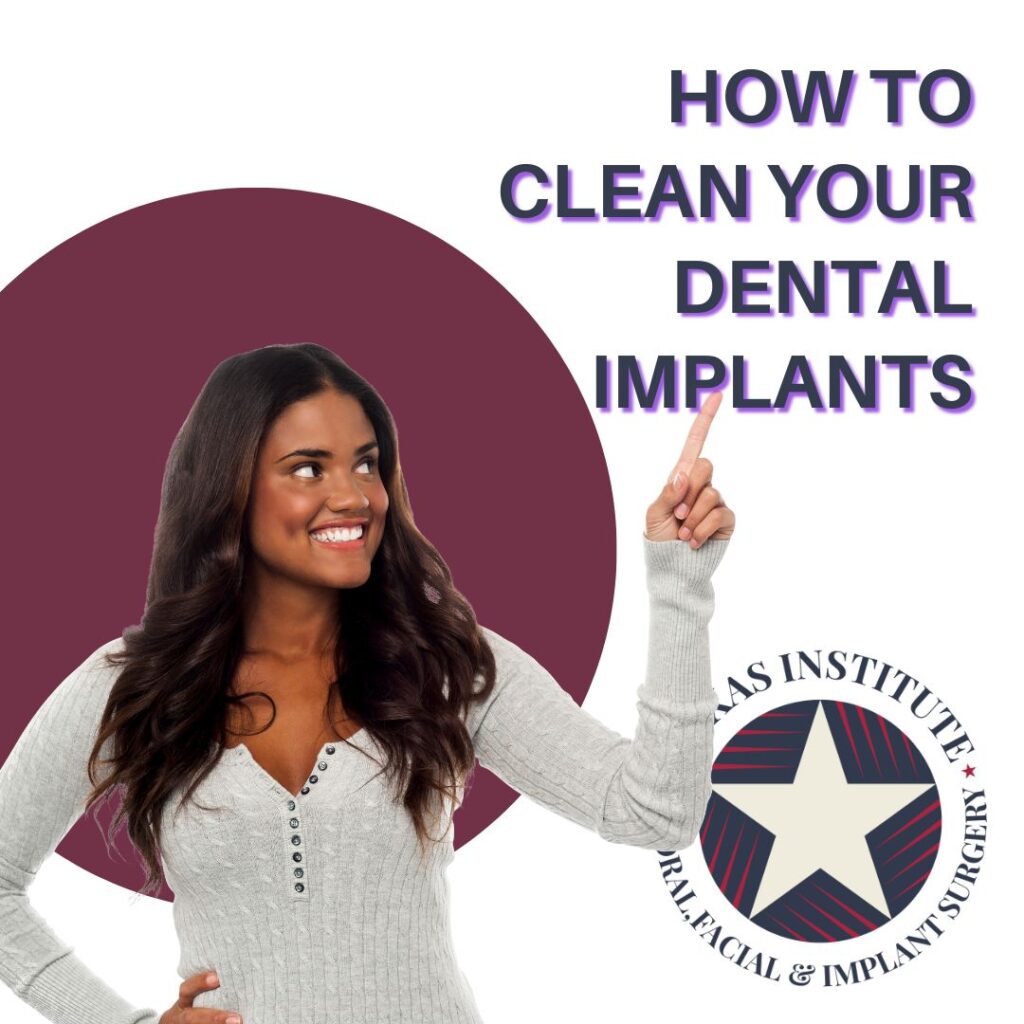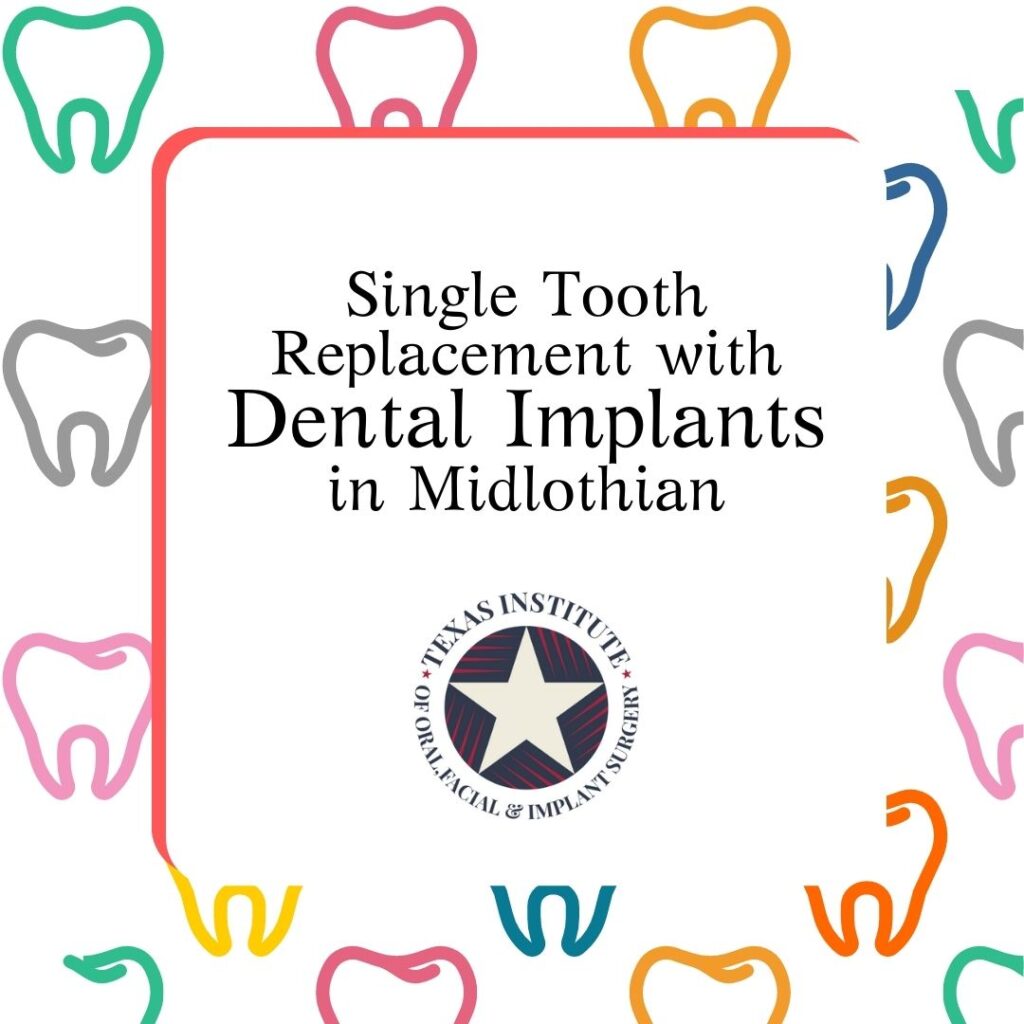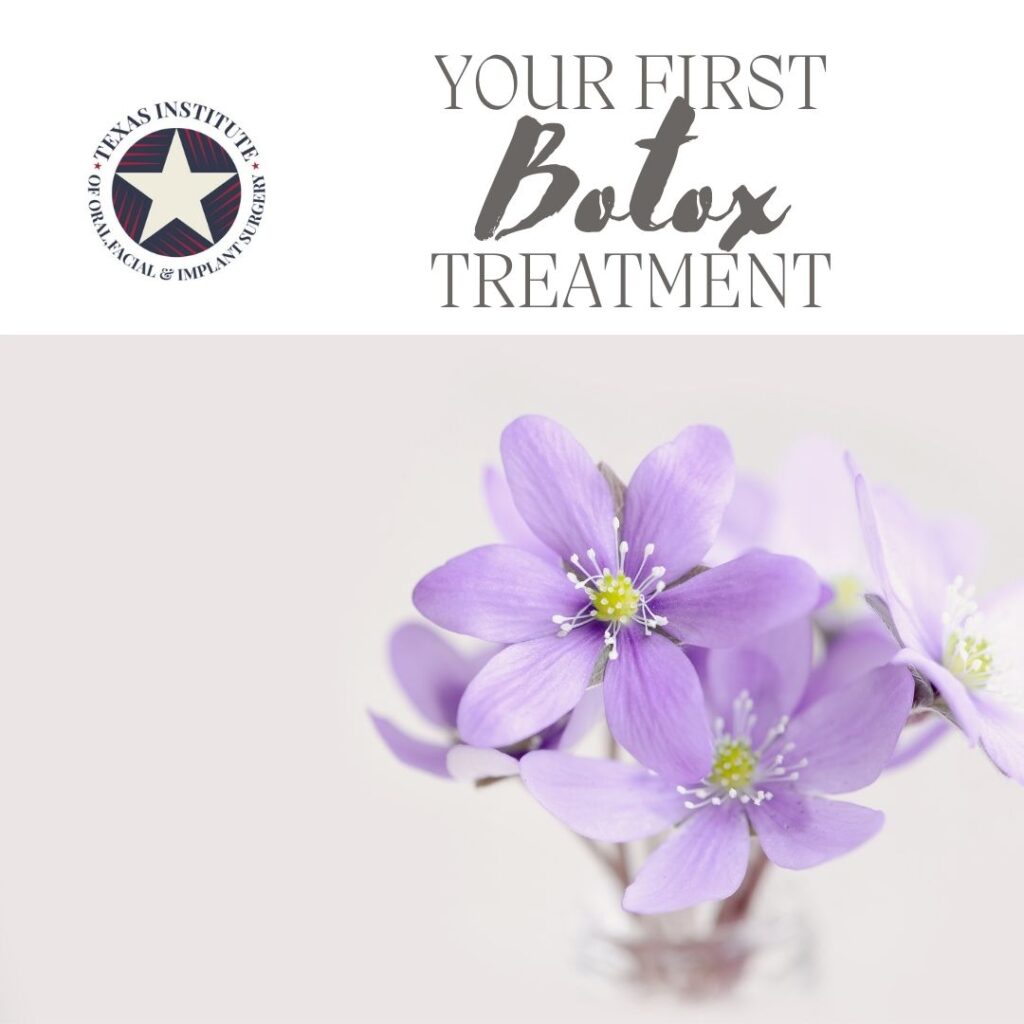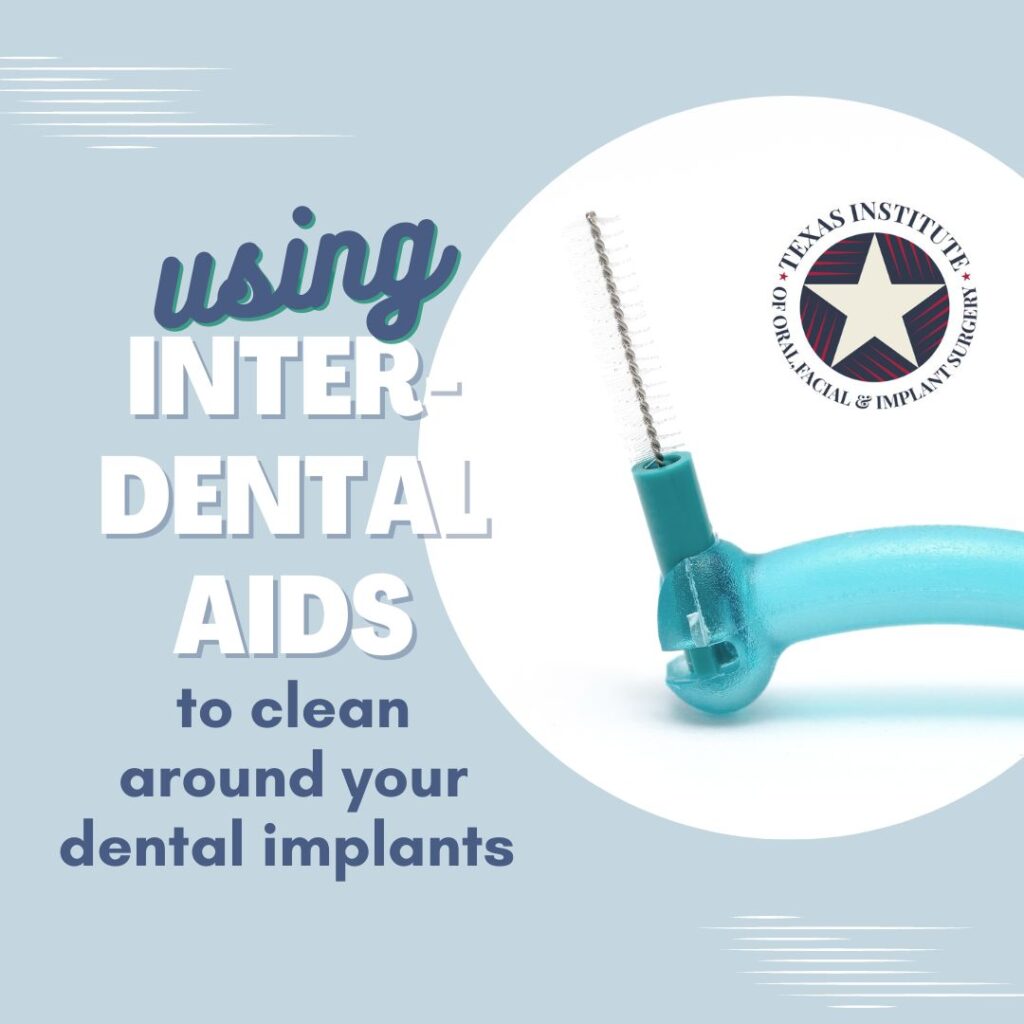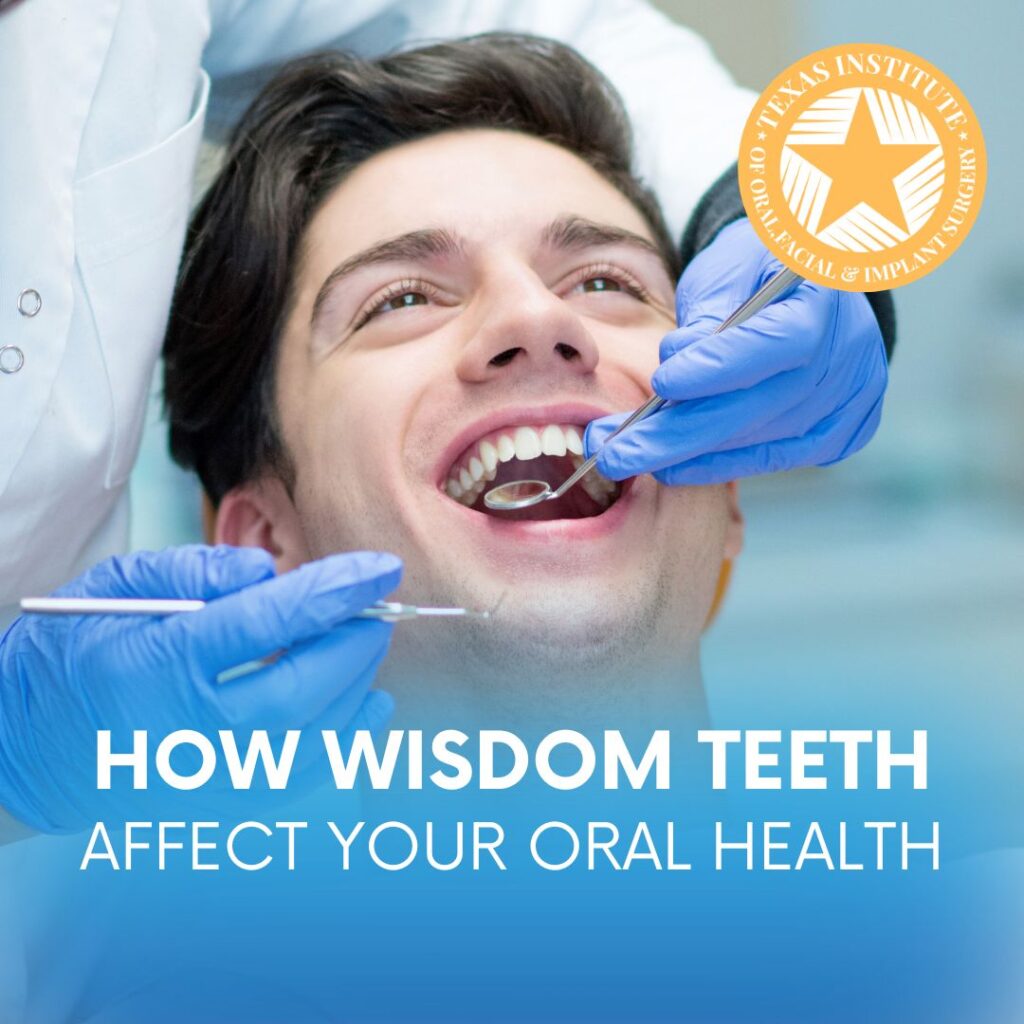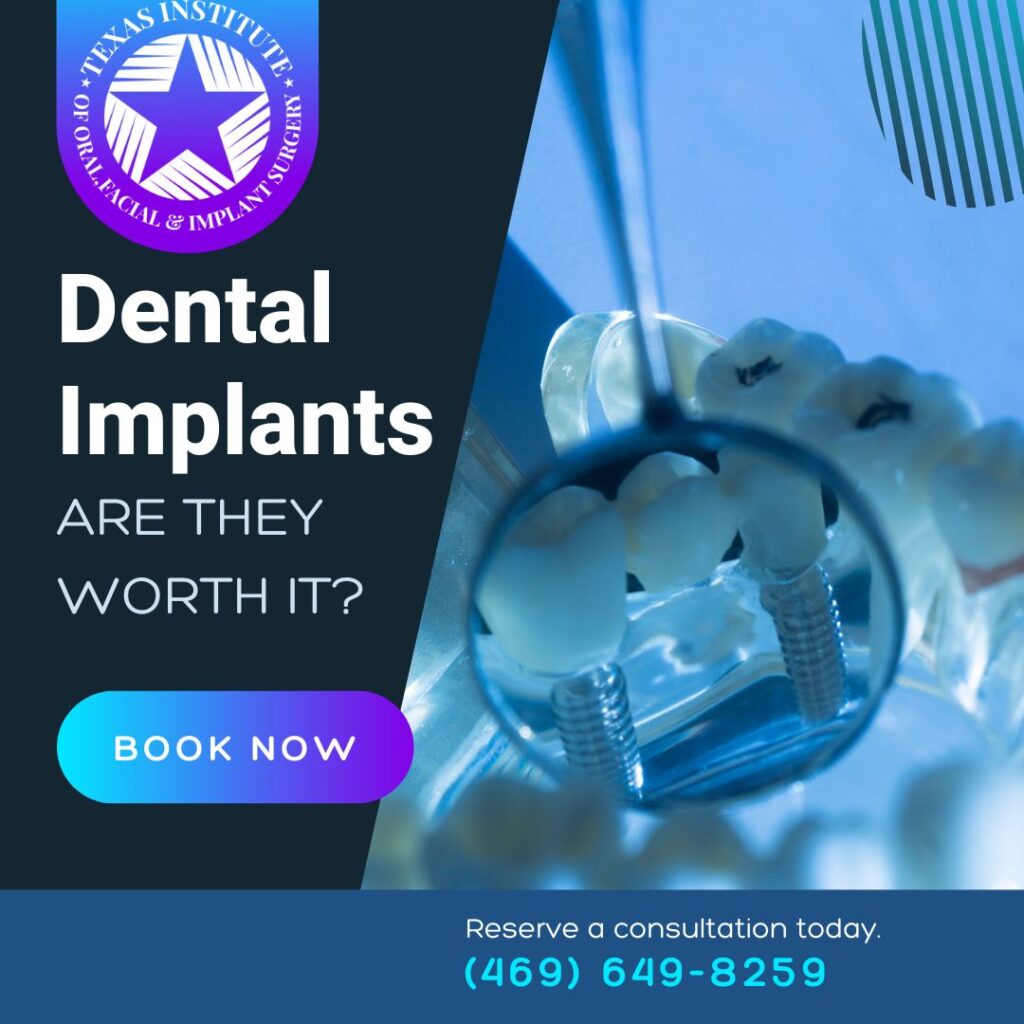
Recovering from wisdom teeth removal surgery is a manageable process when you’re equipped with the right information and a little planning. At Texas Institute of Oral, Facial & Implant Surgery, we’re dedicated to providing our patients in Midlothian, TX, with exceptional care and support throughout their wisdom tooth extraction journey.
Common Reasons Wisdom Teeth Are Extracted
Wisdom teeth, also known as third molars, typically “come in” or erupt sometime between the ages of 17 and 25. However, it isn’t unheard of for them to continue growing in until you’re close to about 30 years old. Due to the limited space in our mouth, these late-developing teeth often cause various oral health issues that, left unaddressed, can cause pain or damage other teeth. Such as:
Impacted Teeth:
When there is insufficient space, wisdom teeth may become trapped beneath the gums or grow at an angle. This can lead to pain, infection, and potential damage to neighboring, healthy teeth.
Overcrowding:
The eruption of wisdom teeth can disrupt the alignment of existing teeth, leading to crowding and shifting. Removing these teeth can prevent future orthodontic complications.
Decay and Gum Disease:
Wisdom teeth are particularly prone to decay and gum disease due to their location at the back of your mouth, making them challenging to clean with a toothbrush and floss.
The Wisdom Tooth Removal Process
Our experienced Ellis County oral surgeon performs wisdom tooth extractions with precision and care. The procedure generally involves the following steps:
- We will perform a thorough examination, including 3D X-rays, to evaluate the position of your wisdom teeth. This consultation allows us to develop an individualized treatment plan based on your unique needs.
- At the time of your oral surgery, we’ll use numbing medication to numb the area around then tooth, as well as administer sedation, or general anesthesia, to ensure your comfort throughout the procedure.
- Our skilled oral surgeon will carefully remove each of your wisdom teeth, taking care to minimize irritation to the surrounding tissues. In cases of impacted teeth, a small incision may be necessary to access the tooth.
Recovering from Wisdom Tooth Removal
After your wisdom tooth extraction, it’s important to follow proper post-operative care instructions to promote optimal healing and a fast recovery. Here are some essential tips for a smooth recovery:
Take prescribed medications:
We may prescribe pain relievers, antibiotics, and oral rinses to manage discomfort and prevent infection. Follow the instructions carefully and complete the full course of medications as prescribed.
Apply ice packs:
Applying a cold compress to the outside of your face (on and off every 20 minutes) for the first 24 hours can help reduce swelling and alleviate discomfort.
Maintain proper oral hygiene:
Gently brush your teeth starting the day after the extraction, being cautious around the surgical site. Avoid harsh rinsing or spitting forcefully for the first 24 hours. We will provide specific instructions on when and how to resume normal oral hygiene practices.
Follow a soft diet:
Stick to soft, nutritious foods and avoid chewing near the extraction site for at least a few days. Gradually reintroduce solid foods as directed.
Attend follow-up appointments:
Regularly scheduled follow-up visits allow our Midlothian oral surgeon to monitor your progress and address any concerns during the healing process.
Schedule Your Consultation
If you are experiencing pain, discomfort, or suspect issues with your wisdom teeth, we encourage you to schedule a consultation at Texas Institute of Oral, Facial & Implant Surgery. Our team will provide you with a personalized treatment plan and guide you through the wisdom tooth extraction process, ensuring a smooth and successful recovery!




